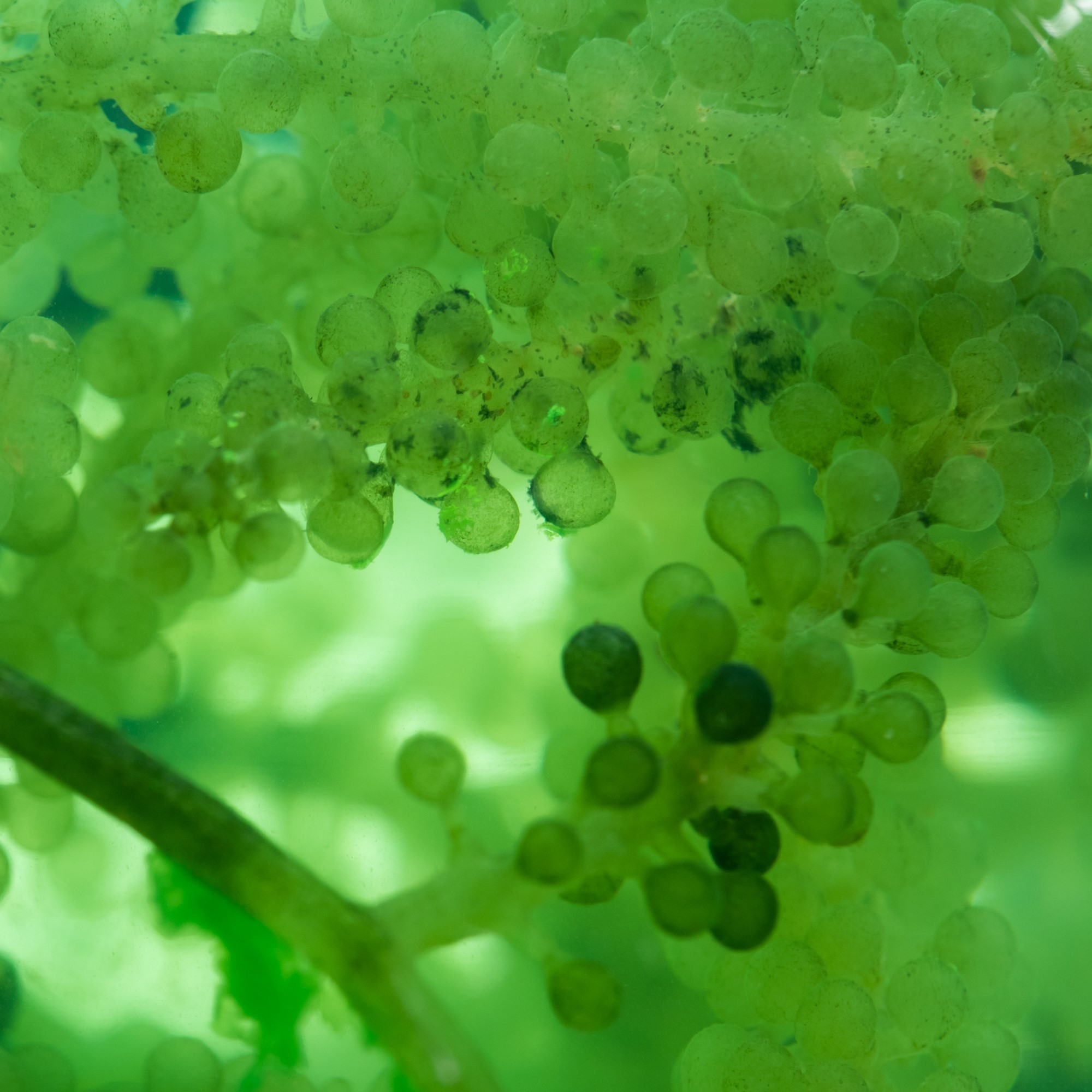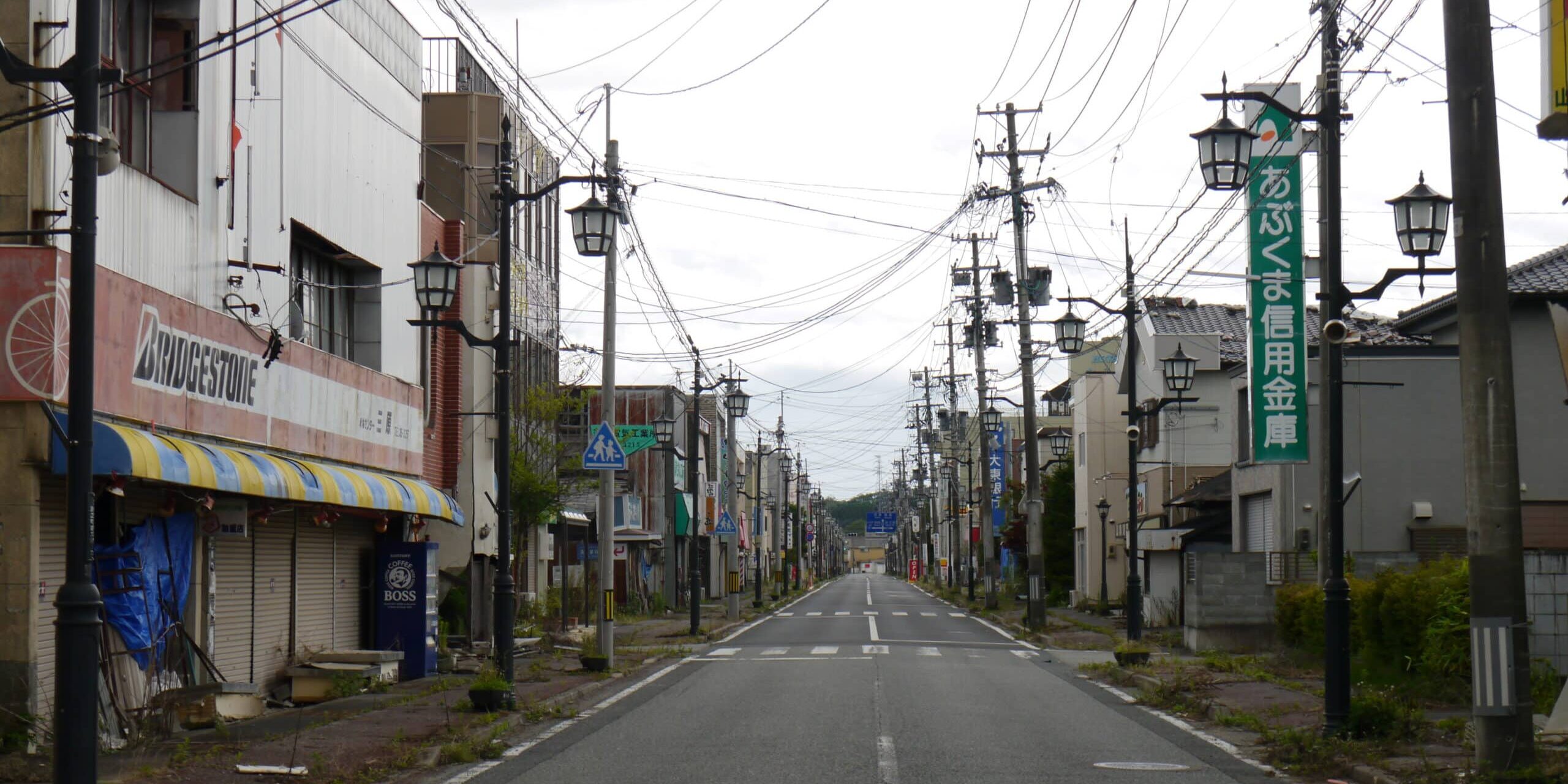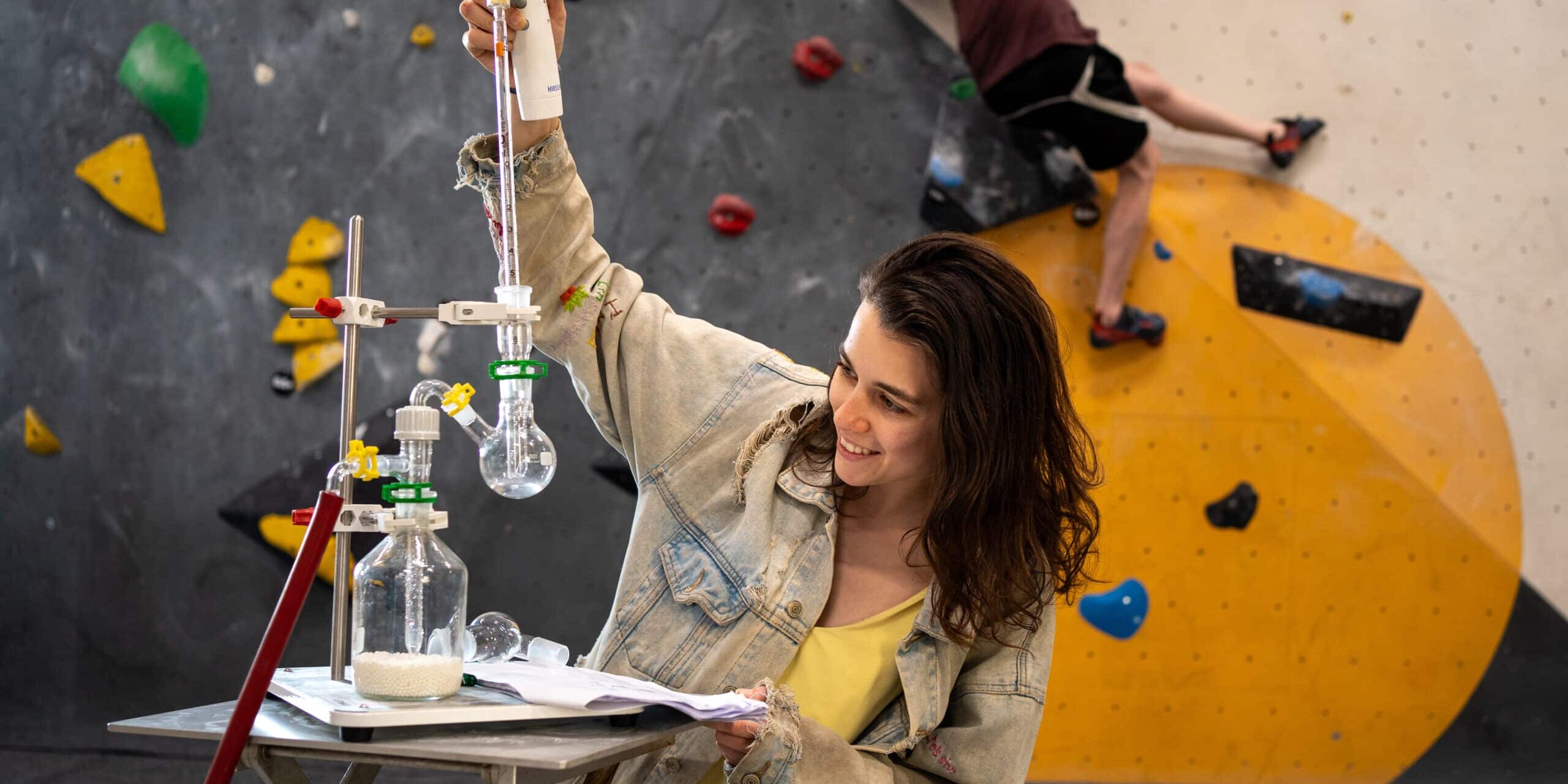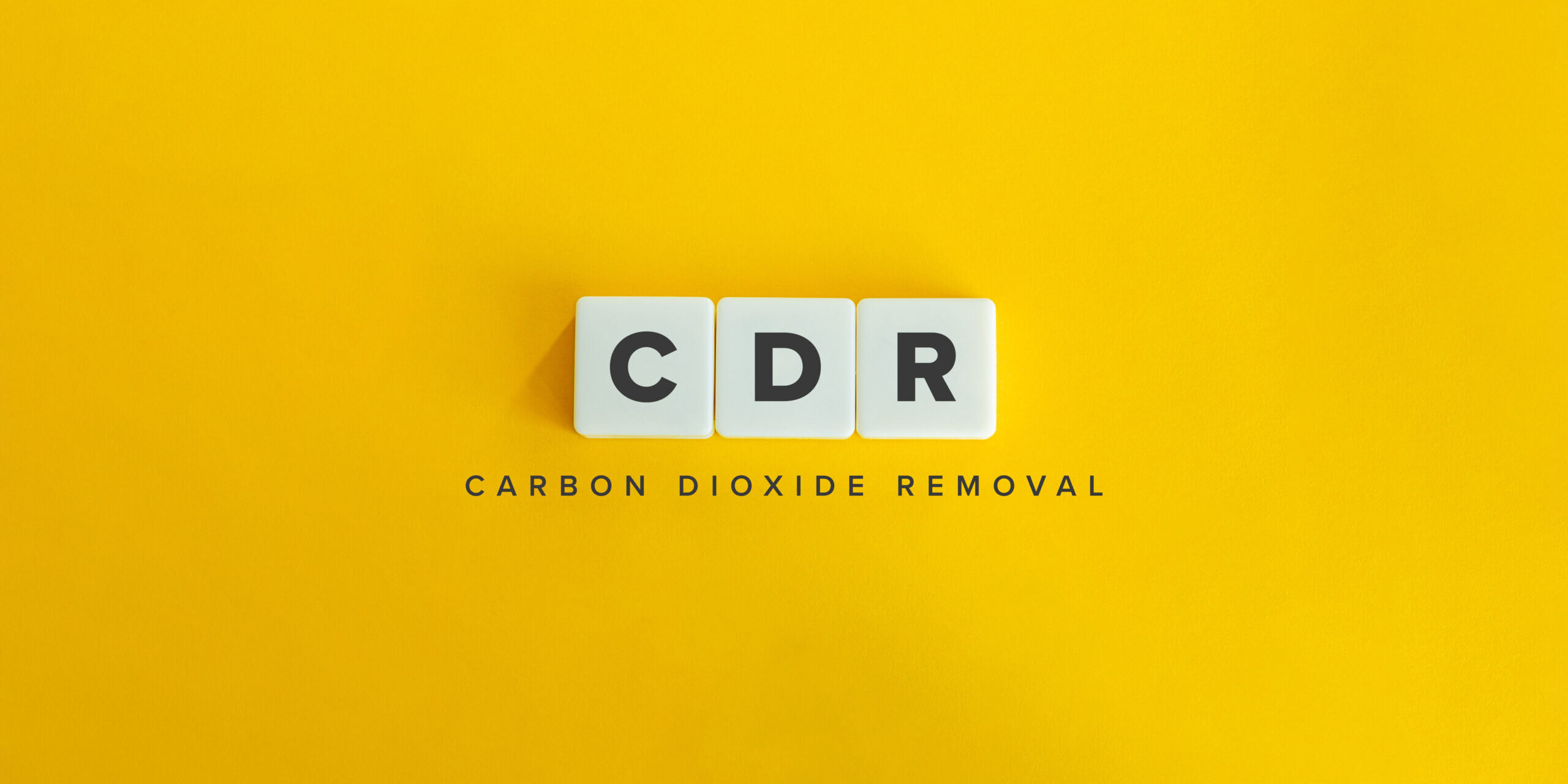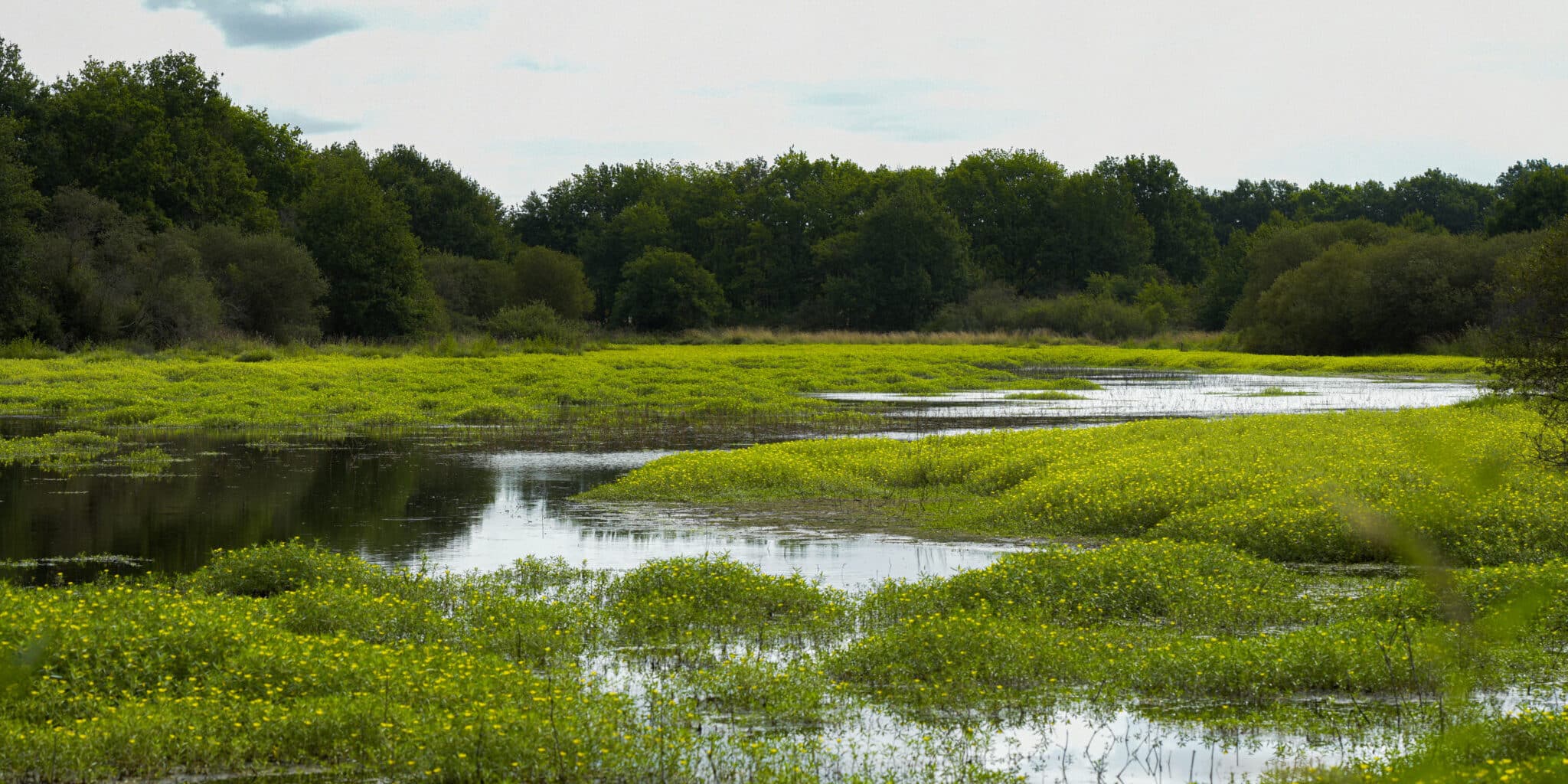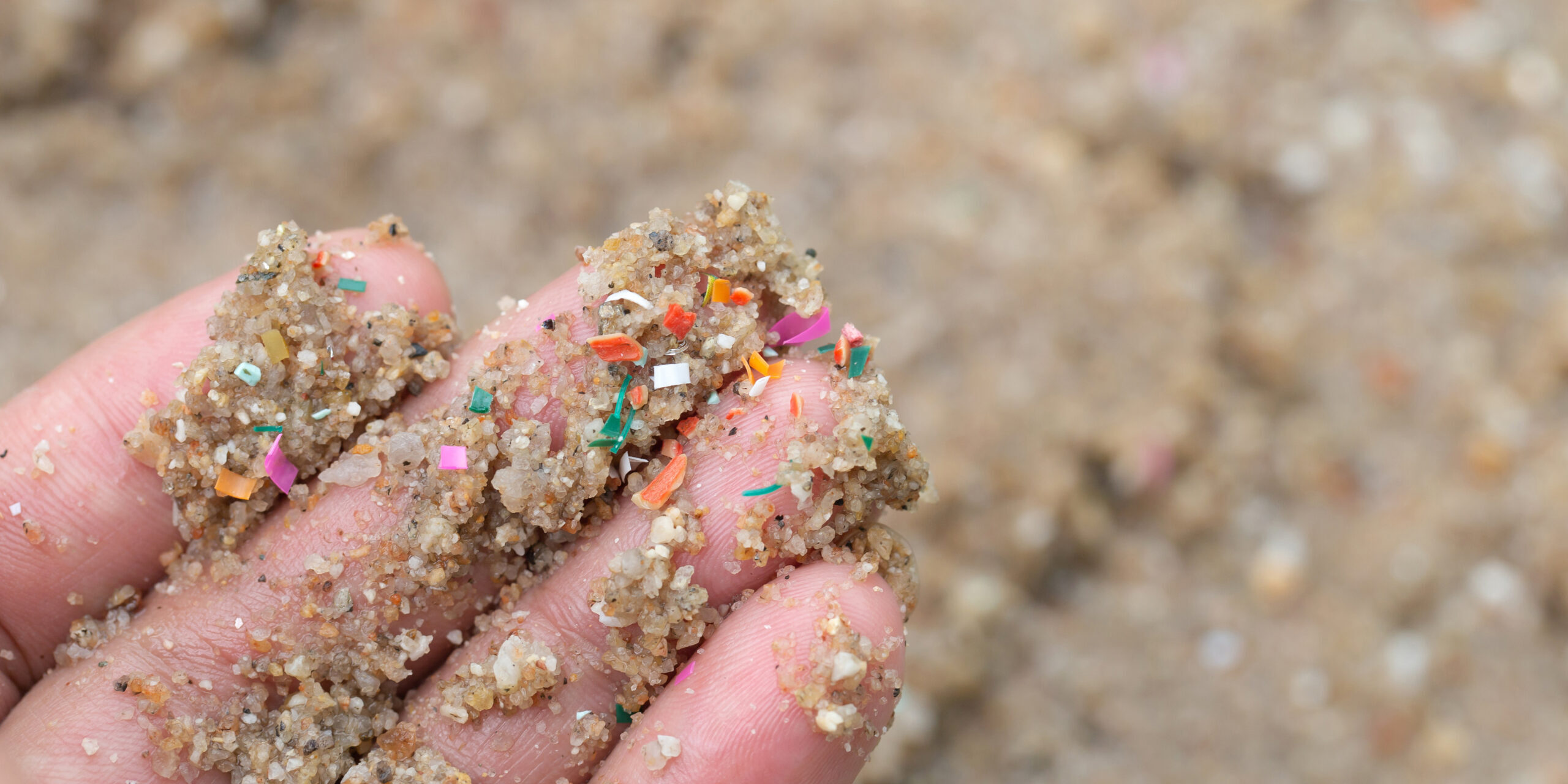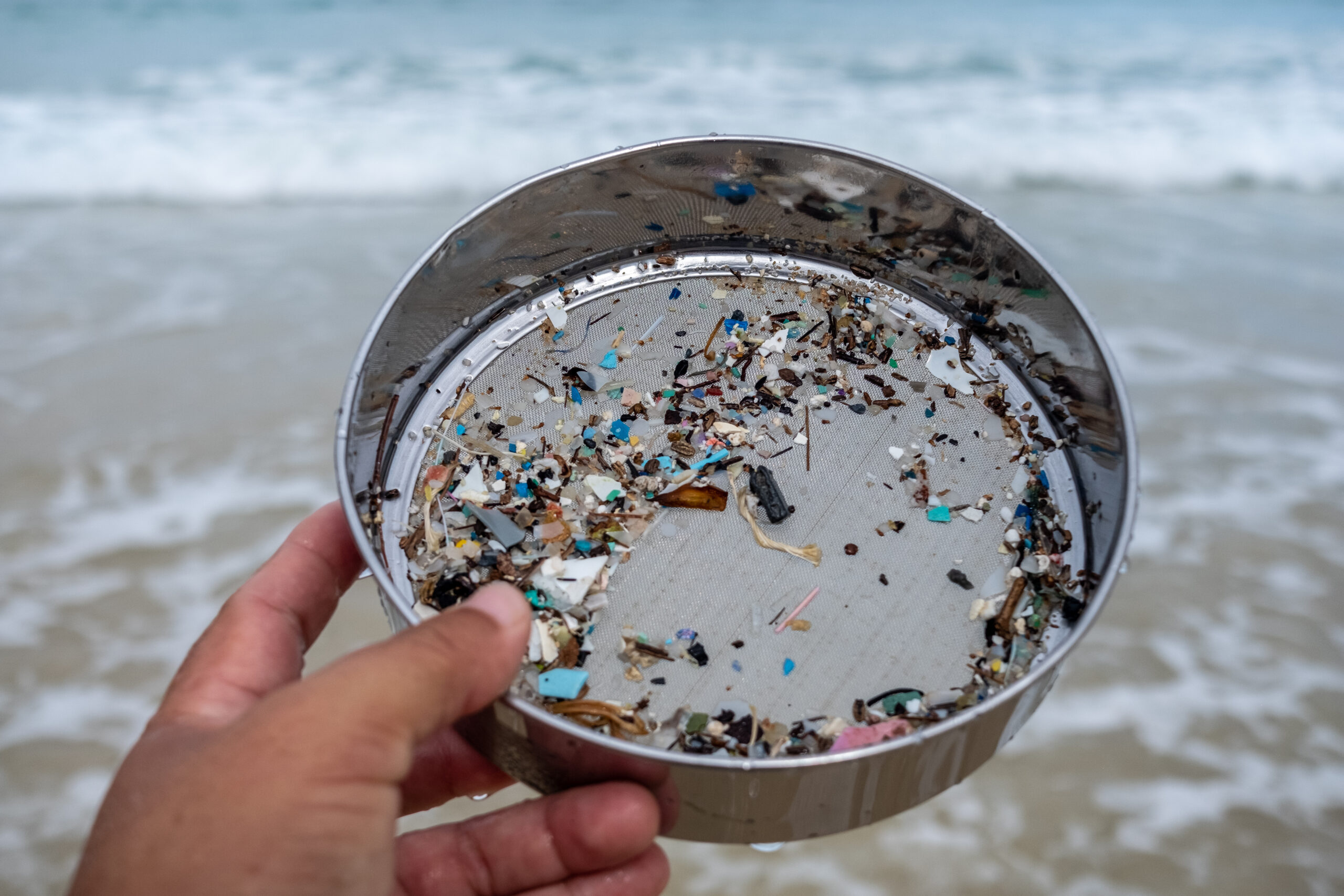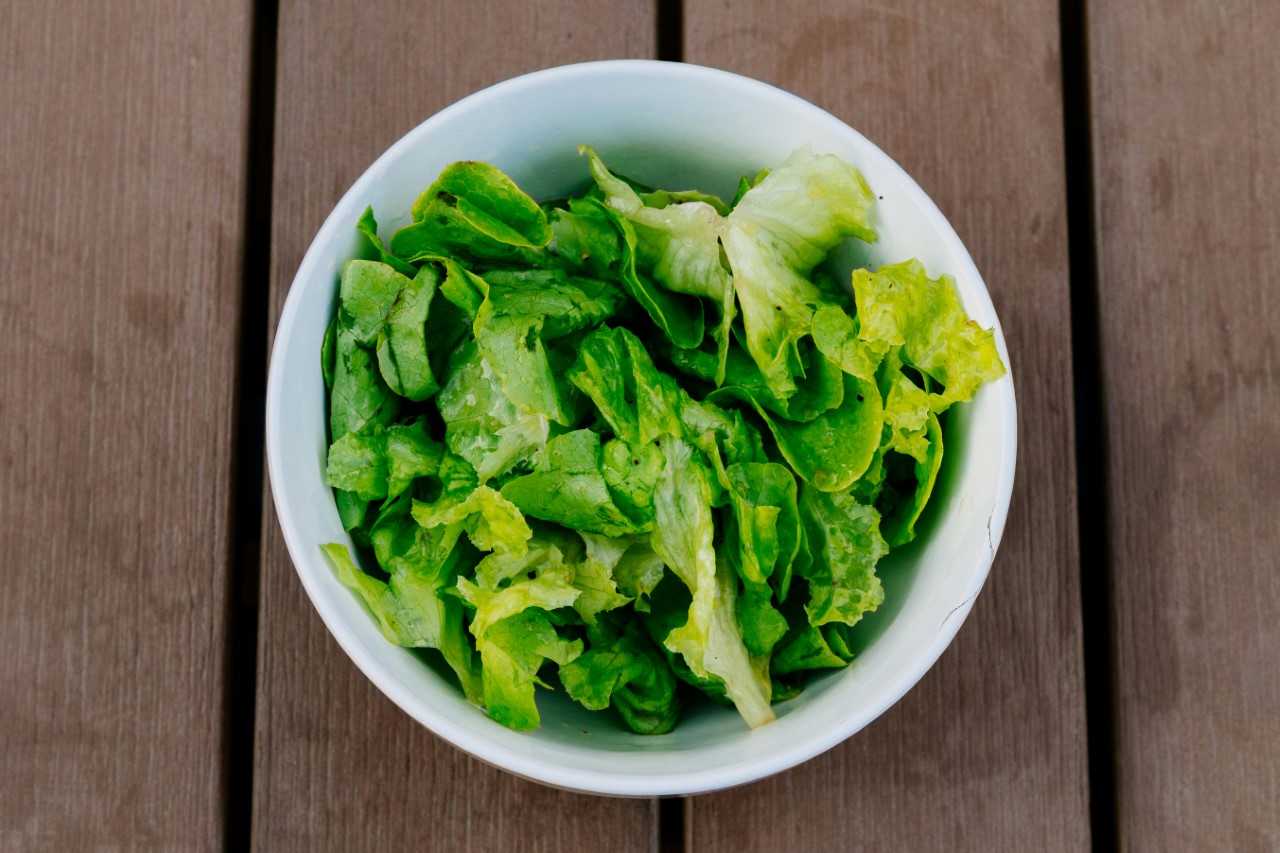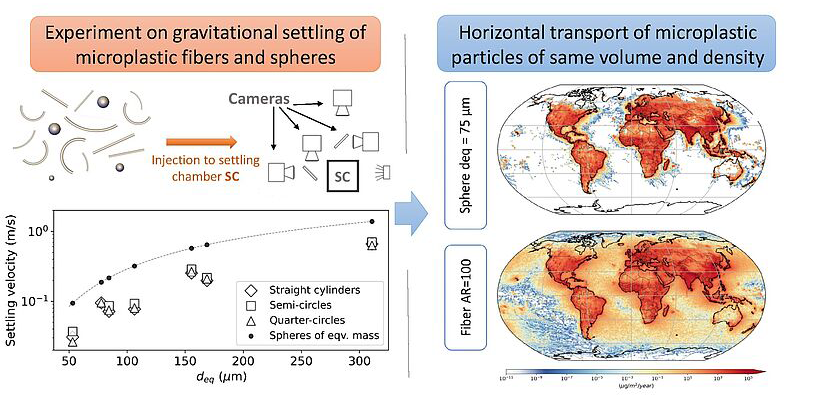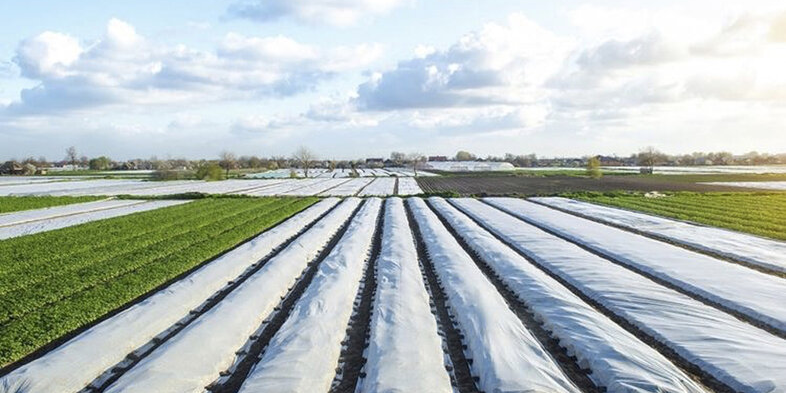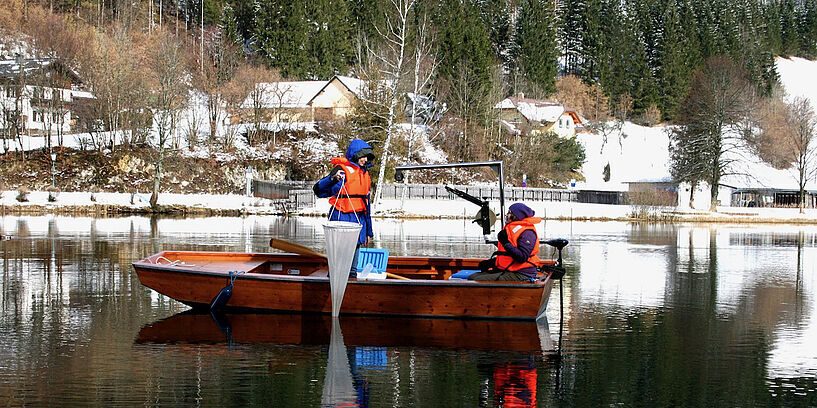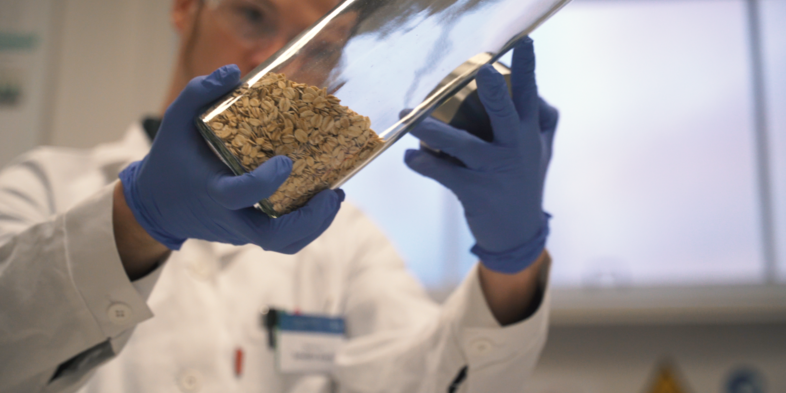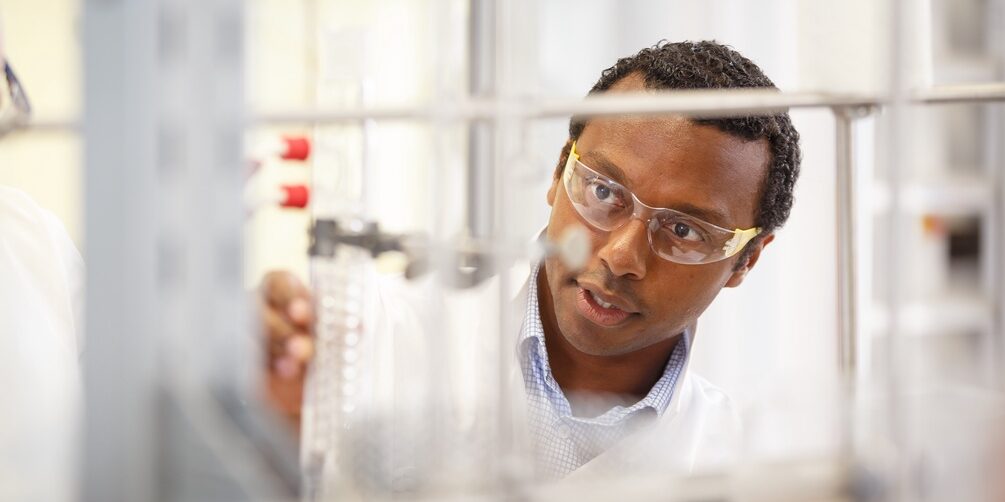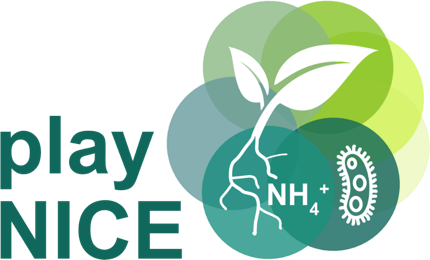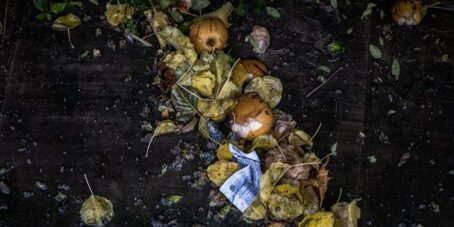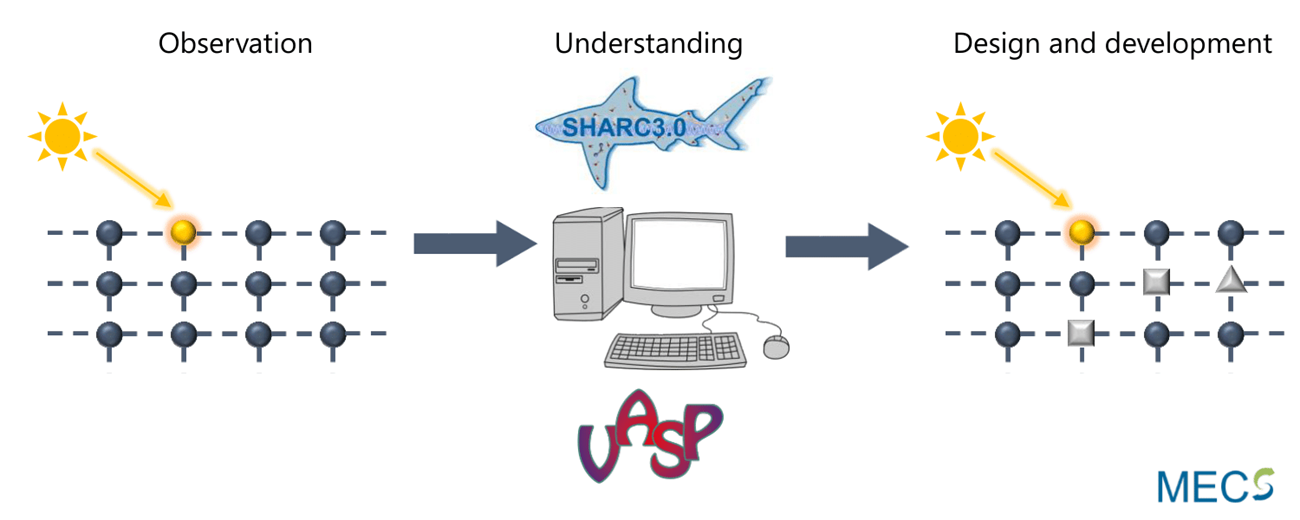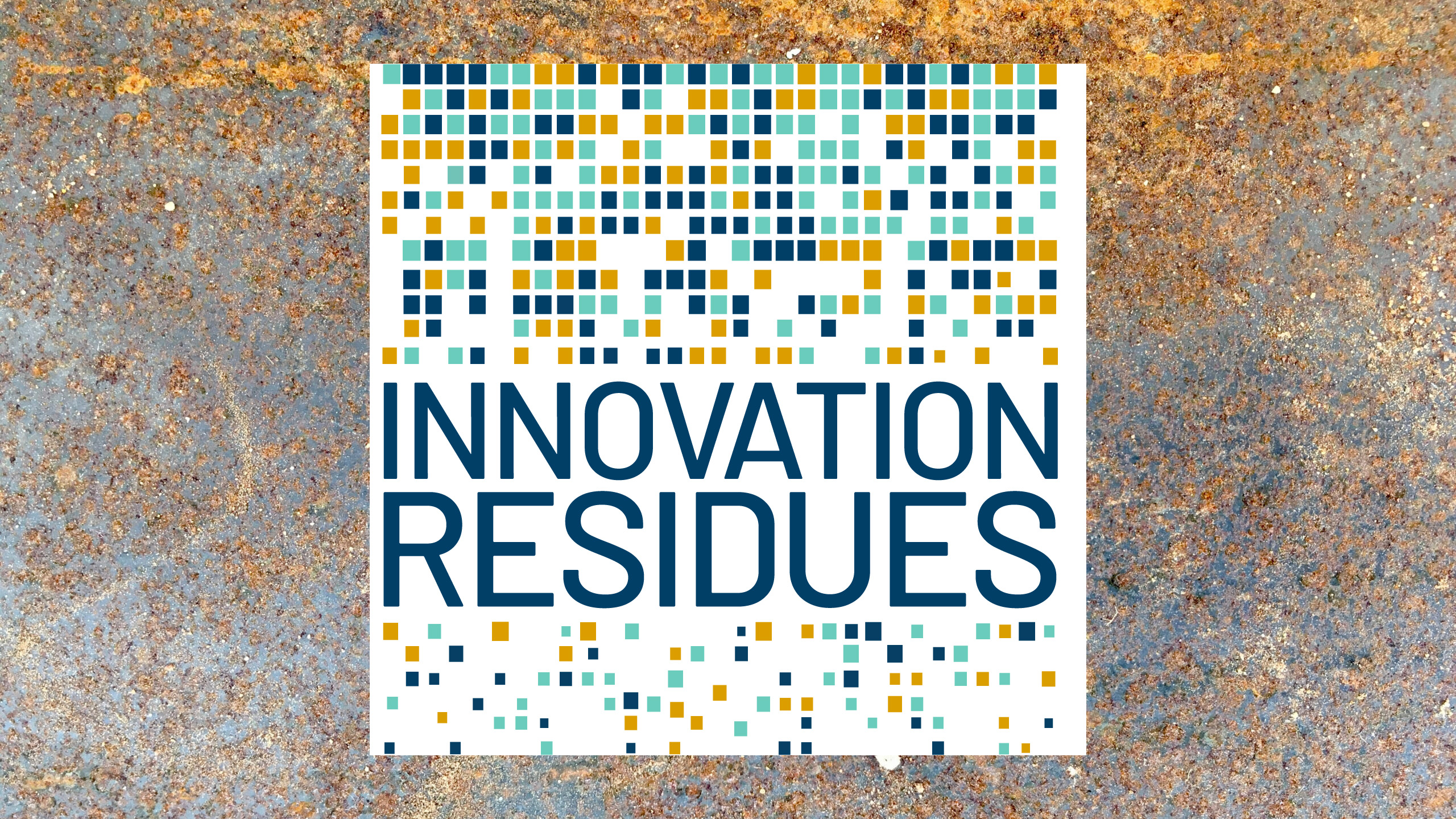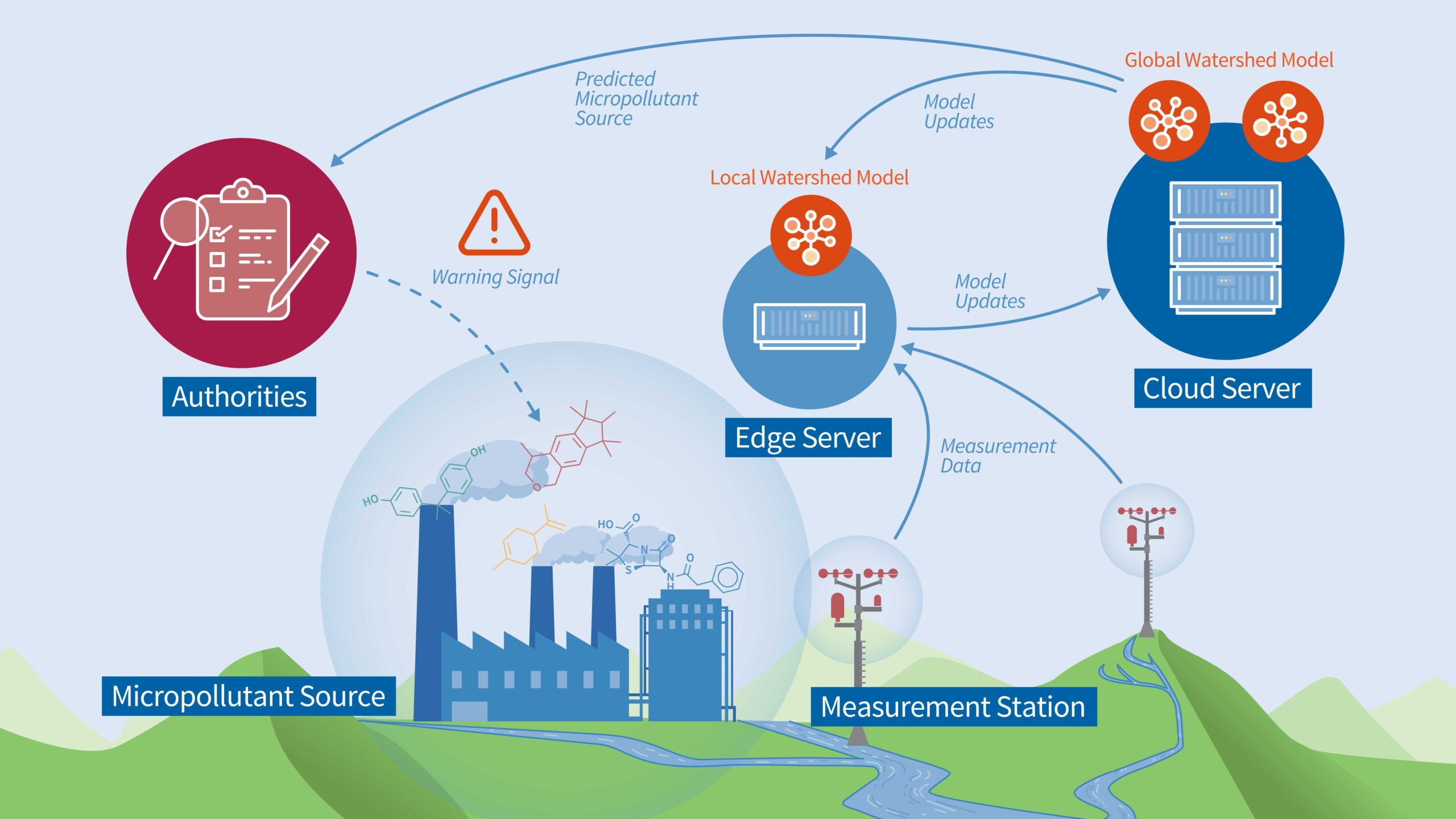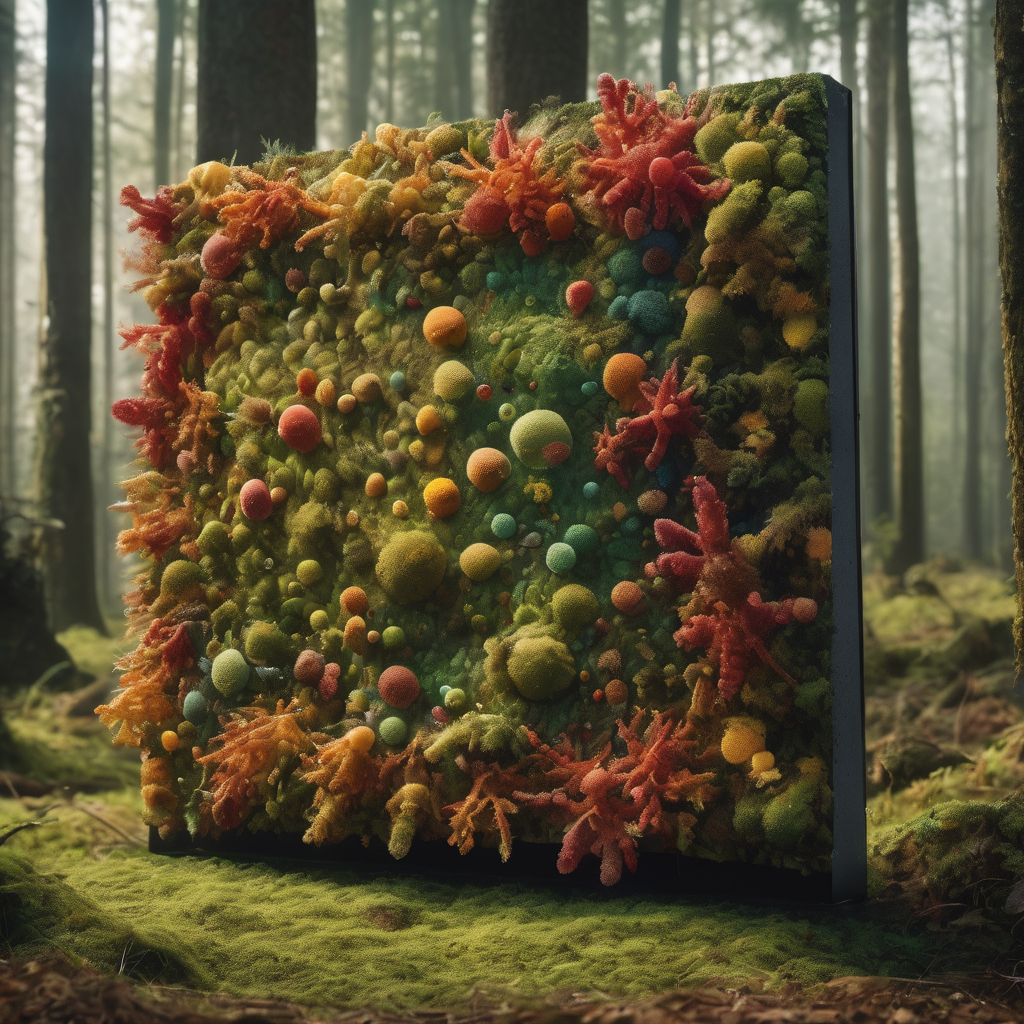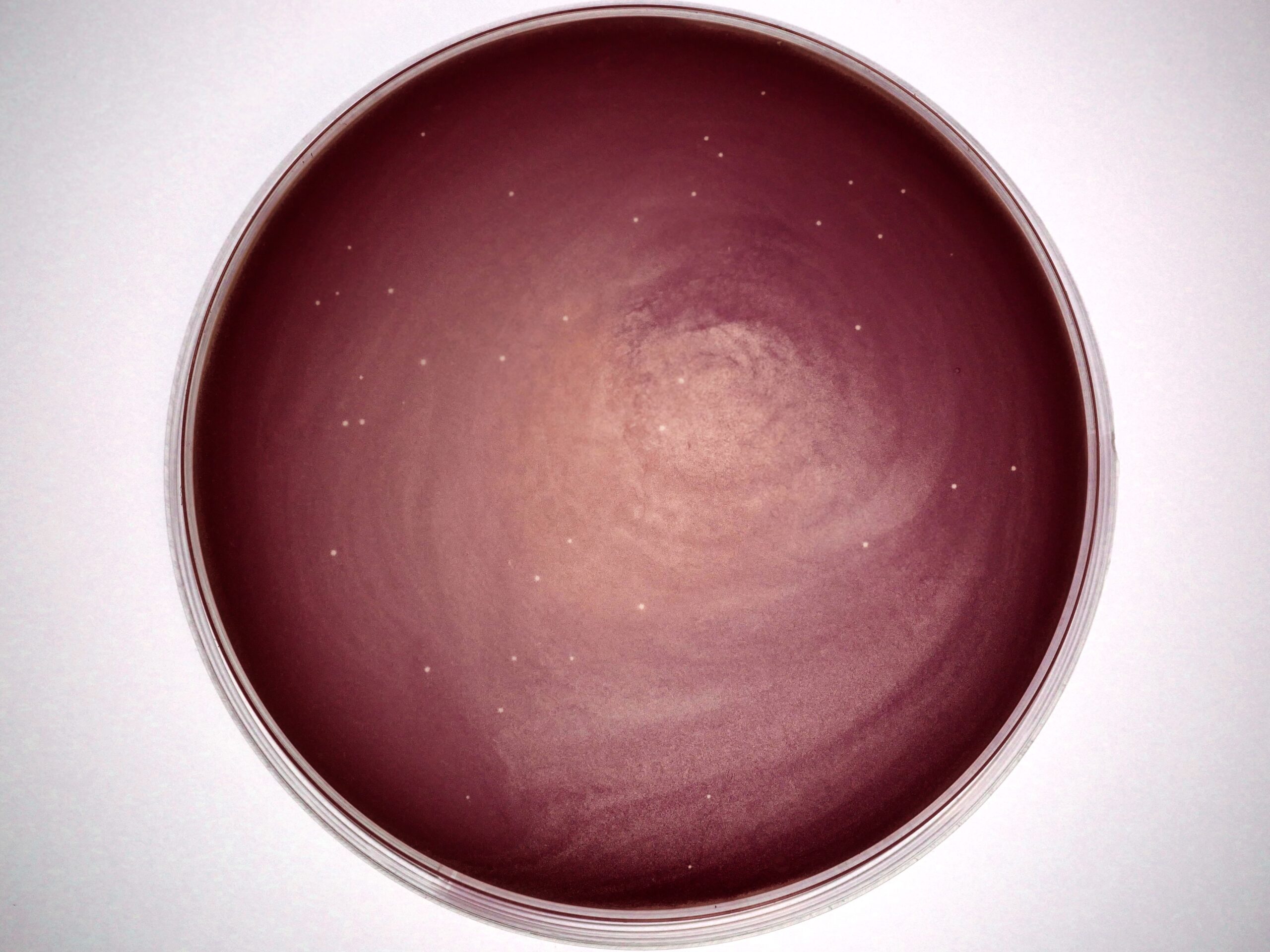Clean Environment
Working together on better practices and processes to create a cleaner planet
Environmental pollution is a planetary boundary already exceeded, driven by human practices, production, and consumption. This poses serious threats to planetary health.
Through our focus area on clean environment , we strive to develop a profound understanding of the impact of anthropogenic pollution on environmental systems. We design novel, environmentally friendly materials and greener processes. We are harnessing the rich scientific knowledge available at the University of Vienna—bringing together diverse backgrounds from environmental, chemical, physical, biological, social, and political sciences to address these challenges. To achieve the goal of a clean environment and zero pollution, we need not only excellent scientific understanding and technological innovation to inform solutions, but also significant advances in society, governance, and regulation.
